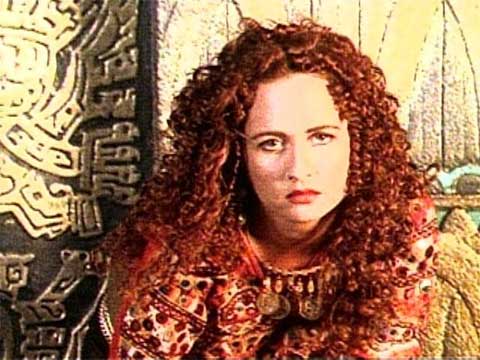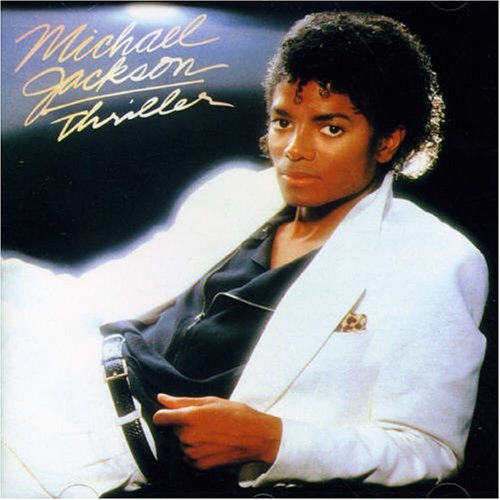 Via Mark Anthony Neal's NewBlackMan
Via Mark Anthony Neal's NewBlackManNational Black Arts Festival in Atlanta Celebrates the 'Radical Soul' of Curtis Mayfield
Quiet Legend: The Radical Soul of Curtis Mayfield
by Stephane Dunn
This ain't no time for segregatin' (we people who are darker than blue)
I'm talking 'bout brown and yellow two
High yellow girl, can't you tell
You're just the surface of our dark deep well
Some musicians – not many – just have it - a timelessness that means whenever you hear their music you are moved to sing along or rock or in the case of Chicago native Curtis Mayfield, to go to church and say uh huh, alright now. He was a soft-spoken gentleman with an instantly recognizable vocal sound – at once soulful and mellow but tinged with that gut-wrenching emotion definitive of black gospel music. This wasn’t surprising since Mayfield was a church boy who taught himself the guitar and dropped out of school and turned professional musician at the very young age of fifteen.
Pianist Dr. Guthrie Ramsey, a professor of music at the University of Pennsylvania, says Mayfield’s “unforced, persuasive falsetto” offered a “dose of gospel-blues.” Mayfield proved to be an old soul and ahead of his generation. By the time his group The Impressions reached soul music fame with such albums as It’s All Right (1963) and the hit Keep On Pushin 1964, Mayfield had come to define the group’s sound, writing and producing many of their songs. While Mayfield is a name that any soul music lover or American music aficionado will know, he remains a sort of quiet legend and this despite the sampling of his music and tributes, both compilations of his music and concerts.
The most recent tribute by Atlanta’s National Black Arts Festival saluted Mayfield in song with legendary O’ Jay Eddie Levert, Joi, Dion Farris, Van Hunt and at night’s end, the Impressions leading the crowd in “Movin’ on Up.” It was particularly apropos that on the heels of Black Music Month, the 2010 festival chose to highlight Mayfield’s music both because of the sheer velocity of his work as well as his consistent musical investment in social introspection that unabashedly spoke to the black American experience in the 60’s and early-70’s. While Marvin Gaye’s 1971 album, What’s Goin’ On and the single by the same name are deservedly designated one of the top best of twentieth century pop music and revisited during times when the national consciousness is shaken (September 11th, the Hurricane Katrina aftermath), the socially radical musical genius of Curtis Mayfield is not referenced nearly enough . Perhaps this is in part because there is no singular song that sort of stands as his iconic socio-political critique – there was a whole catalog of such songs in the Mayfield repertoire. “People Get Ready”; “Keep On Pushin’’; We’re a Winner”, “This Is My Country” and “Choice of Colors” are just a few.
Several months before Gaye dropped his What’s Goin’ On (1971), Curtis Mayfield released his solo debut album, CURTIS in September of 1970 . Mayfield interrogated racial oppression, challenged the status quo, and inspired the young with a number of powerfully poetic songs - “Miss Black America,” “Moving on Up; “Don’t Worry if There’s a Hell Below We’re All Gonna Go” and “We People Who Are Darker Than Blue” – which Peter Burns describes as on “par” with Billie Holiday’s “strange Fruit.” Even before this solo point in his career, Mayfield had already built an extraordinary cache of politicized music with Impressions albums like People Get Ready (1965) and We’re A Winner (1967). Taken together, the Mayfield songbook is a powerful narrative record of the struggles for black liberation in the 60s to early 70s. CURTIS reached the top of the charts where it was unseated by Gaye’s What’s Goin’ On.
Mayfield’s movie soundtrack work further demonstrated his socially insightful voice and emphasized that part of his lyrical genius was his ability to capture the beauty, pleasures, and pain of black ghetto life. For Claudine (1974), starring James Earl Jones and Diahann Carroll as a struggling single mother raising six children in Harlem, he penned such critically sharp tracks as “Mr. Welfare Man.” Despite its controversial cultural legacy, the music for the drug themed Superfly, Mayfield’s most enduring soundtrack score, was more than a narrative accompaniment. It humanized and dramatized one of the most serious problems plaguing the black urban community with the memorable “Pusherman” and “Freddy’s Dead.” Like Superfly, The Bill Cosby and Sydney Poitier film, Let’s Do It Again (1974), continued to showcase Mayfield’s genius with creating sultry, magnetic songs like the hit title track. He offered up more of this in Sparkle, a 1977 movie starring Irene Cara, which included such sexy, alluring singles as the much performed “Giving Him Something He Can Feel.” He teamed up with the reigning Queen of Soul Aretha Franklin to do the re-cut version of the Sparkle soundtrack; it revitalized Franklin’s career and they went on to do her album Almighty Fire in 1978.
Mayfield’s collaborations with the likes of Franklin, Donnie Hathaway, and the Staple singers provide an impressive body of work on it’s on and is further distinguishable because much of it occurred on Mayfield’s successful Chicago based label, Curtom. The ownership Mayfield took over his work when the Impressions finished their ABC contract in 1968 further signals his radicalism. On the surface, it is perhaps easy to reach for familiar terms like “message music” to characterize Mayfield’s 1960s-70s body of work. Such a tag might obscure the profound thematic depth, lyrical genius, and musical artistry of Curtis Mayfield who could captivate us with achingly, beautiful songs [“The Makings of You”] or get us moving and flirting [Let’s Do It Again”] or call us to action [“People Get Ready.”] Dr. Ramsey notes that Mayfield’s “understated personality” countered “the massive influence his musicianship held over the music industry for years.”
In August 1990, a freak accident at an outdoor concert paralyzed Mayfield from the neck down. He recorded a little again from his bed as renewed interest and tributes to his work appeared in the ‘90s. In December 1999, the quiet legend passed away. Tributes have a greater use than just providing feel-good sing along evenings and technology assists mightily. Pop culture memory is notoriously short-lived; recovering the great ones who offer a compelling window into a historical period and high artistry is ongoing work. Curtis Mayfield offers one of the loudest, most deft nods to the marriage of musical profundity and thematic consciousness; in that his radical soul is timeless.
***
Stephane Dunn, Ph.D, MFA, is currently an Assistant Professor in the English Department at Morehouse College. She has also taught at Ohio State University. A scholarly and creative writer, she specializes in film, popular culture, literature and African American studies. She is the author of articles and commentaries and the book, Baad Bitches & Sassy Supermamas: Black Power Action Films (University of Illinois Press 2008). She can be reached at musesd@netzero.com.






















